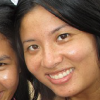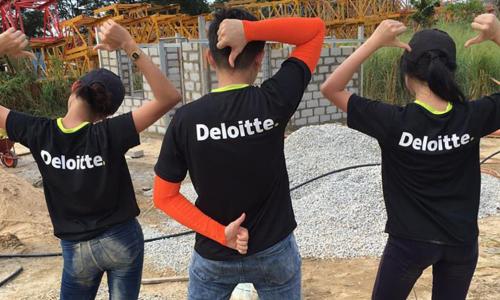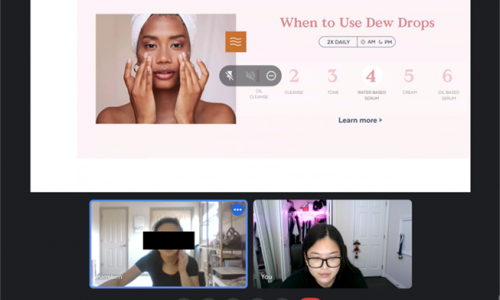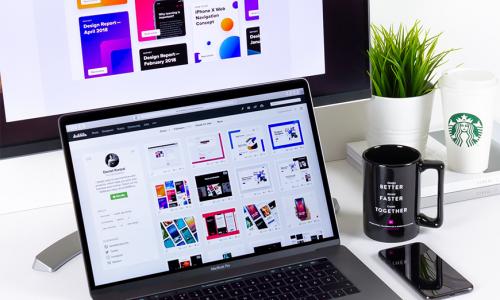
If you have hard or electronic copies of projects that demonstrate your skills and personality, bring them to the interview. Good portfolio pieces will help set you apart from other candidates.
I was very happy when a Computing Science student asked me if it was okay for him to create a portfolio. You can probably guess what my answer was. One Human Resources recruiter from Electronic Arts said that if a Computing Science student can demonstrate their coding ability and show that, it would be very impressive during an interview.
Here are some important tips from Co-op students, Co-op Coordinators and employers on showcasing your portfolio during interviews:
1. Ask to Show Your Work While you Answer Questions
Some employers will ask students to go over their portfolio at some point during the interview. But even if the interviewer doesn’t explicitly ask, if you are telling a story about a related project, you can politely say, “I actually have the project on my portfolio, would it be ok if I show it to you?”
I had one student go for an interview for a graphic design position. When the interviewer asked her to talk about some graphic design projects, she began talking about the merchandise she designed and said, “I have the mugs I made for the organization, would you like to see them?” The employer was very impressed.
2. Have your Online Portfolio Open and Ready to Go
If you are bringing your computer to the interview, make sure you have enough battery life and that you load the window with your portfolio ready to go to avoid any delays during the interview.
3. Talk About the Most Related Projects First
If the interviewer simply asks you to walk them through your portfolio, it is your responsibility to talk about the most related projects first. Be selective.
Some students have web design, print design, articles, video and 3D modelling projects on their portfolio. If you are applying for an Online Marketing Assistant position, you will want to showcase your web design projects and articles first. If you were applying for a Video Production Assistant position, then you will want to discuss your video project first.
Don’t walk through every single project on your website, just the most related ones. During my mock interviews with students, I simply ask them to walk through their portfolio to see which projects they talk about first or if they will keep talking until they are interrupted. One student went over more than 10 pieces when I did not stop her.
After you feel you have shown the most related projects, you can ask the employer, “Is there anything else you’d like to see on my portfolio?” If not, then wait for the next question.
4. Tell the Full Story
When you are talking about your projects, tell the full story including:
-
the project background
-
your role and responsibilities
-
your process (if related)
-
which programs you used (if related)
-
the outcome.
Remember to distinguish between “we” and “me.”After you tell the employer the number of people who were on your team within a group project, be clear on what you were specifically responsible for with that project.
Finally, the outcome can be how the project benefited someone else or how you grew as a result of the work you contributed. One student said, “I used Illustrator for the first time during this project and I fell in love with the program. Now I use Illustrator on my own time and am constantly learning new tricks.” What a great result! And she got hired.
Practice walking through your portfolio to your friends or family and ask them for feedback. If you can clearly articulate your work and the outcome to people who are not studying in your field, then it will be clear for an employer.
Good luck!
















